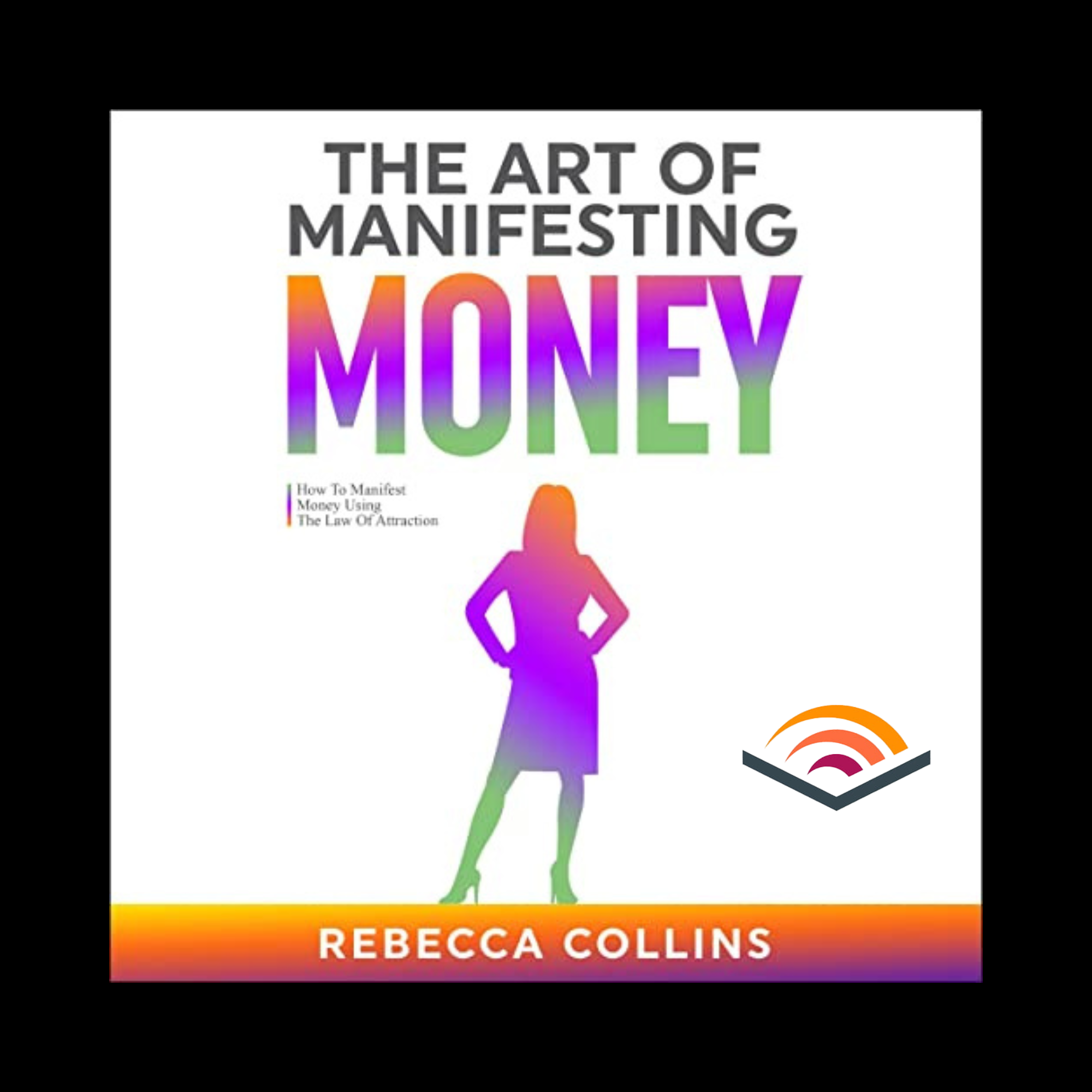I remember the day very clearly, I picked up a cassette tape of “Winning Through Intimidation” by Robert Wringer wondering why someone would write a book about winning through intimidating someone.

Of course, I was wrong. Robert Ringer meant winning through outside forces of intimidation. I was only a teenager, a bit wild with a wild imagination. I consumed “Success and Motivation” books like candy. The term “Personal Development” wasn’t really a well known term back then. Among all the “Personal Development” books i’ve consumed since, “Winning Through Intimidation” had the greatest effect on me.
Here’s why
In the world of self-help and personal development literature, there are timeless classics that continue to inspire and empower individuals to achieve their goals. One such classic is Robert Ringer’s “Winning Through Intimidation.” Published in 1973, this book has stirred up a mix of curiosity, controversy, and transformation for nearly five decades. In this blog post, we’ll delve into the key takeaways from “Winning Through Intimidation” and explore how Ringer’s strategies can be applied to navigate the complexities of today’s world.
The Unconventional Path to Success
“Winning Through Intimidation” is not your typical self-help book. Robert Ringer takes readers on a journey that challenges conventional wisdom and offers a fresh perspective on achieving success. The title may raise eyebrows, but the book is not about bullying or unethical behavior. Instead, it’s about understanding and mastering the dynamics of human interaction to attain your desired outcomes.
The Power of Psychological Intimidation
One of the central themes of the book is the concept of psychological intimidation. Ringer argues that everyone, to some degree, employs intimidation tactics in their daily interactions. Whether it’s negotiating a business deal, seeking a promotion, or even navigating personal relationships, understanding the subtle art of intimidation can be a valuable skill.
Ringer emphasizes that intimidation is not about being aggressive or domineering. Instead, it’s about leveraging your knowledge, confidence, and strategic thinking to influence outcomes in your favor. He introduces the idea of “The Sheep Theory,” where individuals who appear harmless and unassuming can often be the most effective at achieving their objectives.
The Importance of Mental Toughness
Another key message in the book is the significance of mental toughness. Ringer encourages readers to develop resilience, the ability to bounce back from setbacks, and an unwavering commitment to their goals. He argues that a strong mindset is a fundamental component of achieving success, as it allows individuals to withstand the pressures and challenges that come their way.
The Art of Strategic Retreat
One of the more intriguing aspects of “Winning Through Intimidation” is Ringer’s perspective on strategic retreat. He suggests that sometimes the best way to win is to gracefully step back from a situation. This strategic retreat, according to Ringer, can disarm opponents and create an environment where you hold the upper hand.
While it may seem counterintuitive, the concept of a strategic retreat underscores the importance of flexibility and adaptability in achieving one’s goals. It’s a reminder that success is not always about bulldozing through obstacles but also about knowing when to take a step back and reassess.
Applying Ringer’s Wisdom Today
The SECRET: Ask yourself a question: will it really matter this time next month?, will it really matter this time next year?, will it matter at all?. Pulling back instead of charging on through can give you the edge. Being predictable is not attractive, being mysterious and not “too impressed” can be. Sometimes, the way to closing a deal is simply to appear to not be too worried whether it closes or not… this can apply to any situation, not just business.
Nearly 50 years after its initial publication, “Winning Through Intimidation” continues to resonate with readers. Its unconventional approach to success, focus on mental toughness, and strategic insights remain relevant in today’s fast-paced and competitive world.
Here’s how you can apply Ringer’s wisdom to your own life and endeavors:
- Master the Art of Influence: Recognize that influence is a powerful tool. Learn how to communicate your ideas effectively, build rapport, and persuade others positively.
- Cultivate Mental Toughness: Develop resilience by embracing challenges and setbacks as opportunities for growth. Strengthen your mindset to stay focused on your long-term goals.
- Embrace Strategic Retreat: Understand that not every battle is worth fighting. Sometimes, stepping back and reassessing the situation can lead to more favorable outcomes.
- Leverage Confidence: Confidence is a key element of intimidation, but it should be based on competence and preparation. Build your confidence by acquiring knowledge and honing your skills.
- Maintain Ethical Practices: “Winning Through Intimidation” is not an endorsement of unethical behavior. Always prioritize integrity, ethics, and fairness in your interactions.
In Conclusion
“Winning Through Intimidation” by Robert Ringer is a thought-provoking book that challenges readers to reevaluate their approach to success. While the title may be controversial, the content is a valuable exploration of human psychology, influence, and resilience.
As you embark on your journey toward success, consider the principles outlined in this classic book. Whether you’re negotiating a business deal, striving for personal growth, or pursuing your dreams, “Winning Through Intimidation” offers insights that can help you navigate the complex landscape of achievement and empowerment.
Regenerate
Free Research Prev























































































































Add comment